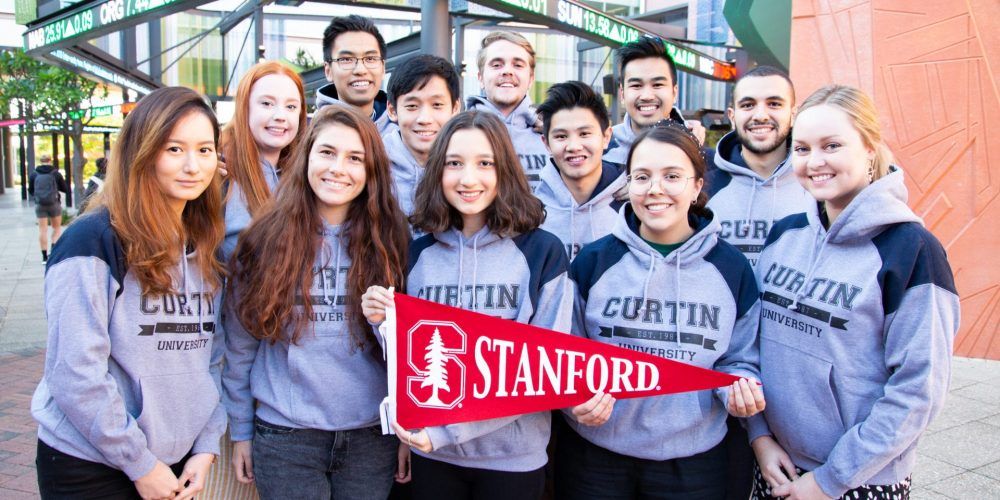Education partners
In addition to our campuses, we have agreements with more than 80 international partner institutions in almost 20 countries, providing a variety of exchange opportunities for students and a valuable network of research collaborators.
New tripartite alliance
Curtin University, the University of Aberdeen and the University of Calgary have joined forces to create a strategic alliance to develop innovative solutions to global issues, including energy transition, climate change and sustainability challenges facing our planet.
Building on the existing partnership between Curtin and Aberdeen, the new commitment will also provide opportunities to develop joint research centres, collaborative academic programs including PhD training, industry linkages and staff and student mobility between the three universities.
Sri Lanka Institute of Information Technology (SLIIT)

Established in 2001, SLIIT is Curtin University’s longest standing partnership and it continues to grow. Over the past two decades Curtin has increased the joint programs offered through SLIIT and in 2021 started delivering full Curtin degree programs in Sri Lanka with majors ranging from mechatronics to software engineering.
Fudan University
The China Australia Writing Centre is a collaborative international program led jointly by Curtin and Fudan University in Shanghai. The centre brings together cross-disciplinary expertise from both institutions, including expertise in creative writing, literature studies, historical writing and journalism.
Stanford University

Curtin has signed an agreement with California’s prestigious Stanford University, allowing nominated business students to attend the Stanford International Honors Program. The annual, eight-week summer program gives students the opportunity to learn from leading business scholars and Silicon Valley entrepreneurs.
edX
Founded by Harvard and MIT in 2012, edX is an online learning destination and MOOC (massive open online course) provider that delivers university-level short courses across a variety of subjects to a global student body, for free. In some instances, a combination of selected MOOCs can form a ‘Micromaster’ which, once completed and verified, can provide credit into selected Curtin postgraduate courses.
To date, there have been more than 170,000 enrolments in Curtin edX courses.


